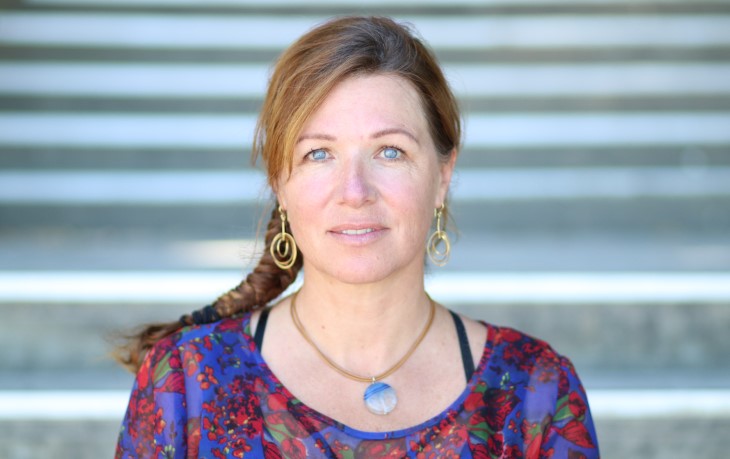Supporting survivors of sexual abuse and assault

We are letting survivors of sexual abuse and assault know that support is available for them.
Our support for survivors of sexual abuse and assault has been in the news recently and we thought it was a good time to highlight the fully-funded care that is available.
We provide an essential service for thousands of survivors of sexual abuse and assault every year via our Integrated Services for Sensitive Claims (ISSC).
Survivors have available early support such as counselling and whānau support.
This early support ensures survivors receive help and allows survivors time to make an informed choice about whether they will proceed to a supported assessment for cover.
Survivors of sexual abuse or assault have available up to 14 hours of one-to-one therapy, up to 10 hours of social work, and up to 20 hours of whānau support without the requirement for cover to be considered.
Clients who need long-term support, which may include further therapy, financial and vocational support, complete a supported assessment.
ACC Chief Customer Officer Emma Powell says it’s important people know that support is there for them.
“We know that they have experienced a traumatic event and it will be challenging and confronting to begin a process of healing.
“We recognise for some, early support may be all that’s needed and for others assessment of how the sexual abuse is affecting them behaviourally, psychologically or cognitively, and establishment of longer-term treatment and support may be required. The important thing is that people have options and choices around this.”
In 2020, 91 percent of survivors that completed a supported assessment had their claim accepted.”
The number of claims we've received from survivors of sexual abuse has doubled over the past five years. We believe the increase in claims reflects greater public awareness of the upfront, fully-funded support ACC offers to survivors of sexual violence and media coverage of the issue.
“With the increase in sensitive claims there is still much work to be done both to prevent sexual violence in the first place and to ensure our services are as person centred as possible.
“Sexual violence is a significant national issue, and one we need to work together as a country to address,” Powell says.
We are also focusing on sexual violence prevention. In 2021 we are investing more than $9 million into prevention programmes and work with our agencies to support the prevention of sexual abuse and assault.
Our Support
- Survivors of sexual abuse or assault can access up to 14 hours of one-to-one therapy, up to 10 hours of social work, and up to 20 hours of whānau support without the requirement for cover to be considered.
- Clients who need long-term support, which may include further therapy, financial and vocational support, complete a supported assessment. This is a fulsome assessment used to both determine the mental injury they have and create a holistic treatment plan which ensures the right supports are in place. The time it takes to complete the supported assessment will vary depending on the needs of the client.
Our Statistics
- There were 10,335 sensitive claims lodged in FY 2019/20
- Of the 10,335 sensitive claims lodged in FY 2019/20, 3,291 (32 percent) claims of claims accepted for cover. (NOTE: The acceptance rate appears low because our data on declined claims includes clients who did not wish to proceed with a supported assessment for cover and are categorised as ‘declined’ in our system. It also includes clients who may still be in the supported assessment component of our Integrated Support for Sensitive Claims)
- 91% of survivors that completed a supported assessment had their claim accepted last year.
- Of the 7,044 claims that are in our system as a ‘Decline’ from the FY 2019/ 20, 3,482 (34% of all claims) were ‘withdrawn’, 3,025 (29 percent of all claims) were declined because the ‘cover timeframes expired’ which also may indicate that the claim was withdrawn.
- Each year approximately 79% percent of sensitive claims are lodged by women.
- For those clients who did not wish to proceed with a supported assessment for cover will have their claim declined, but they can come back to ACC for support whenever they are ready.



